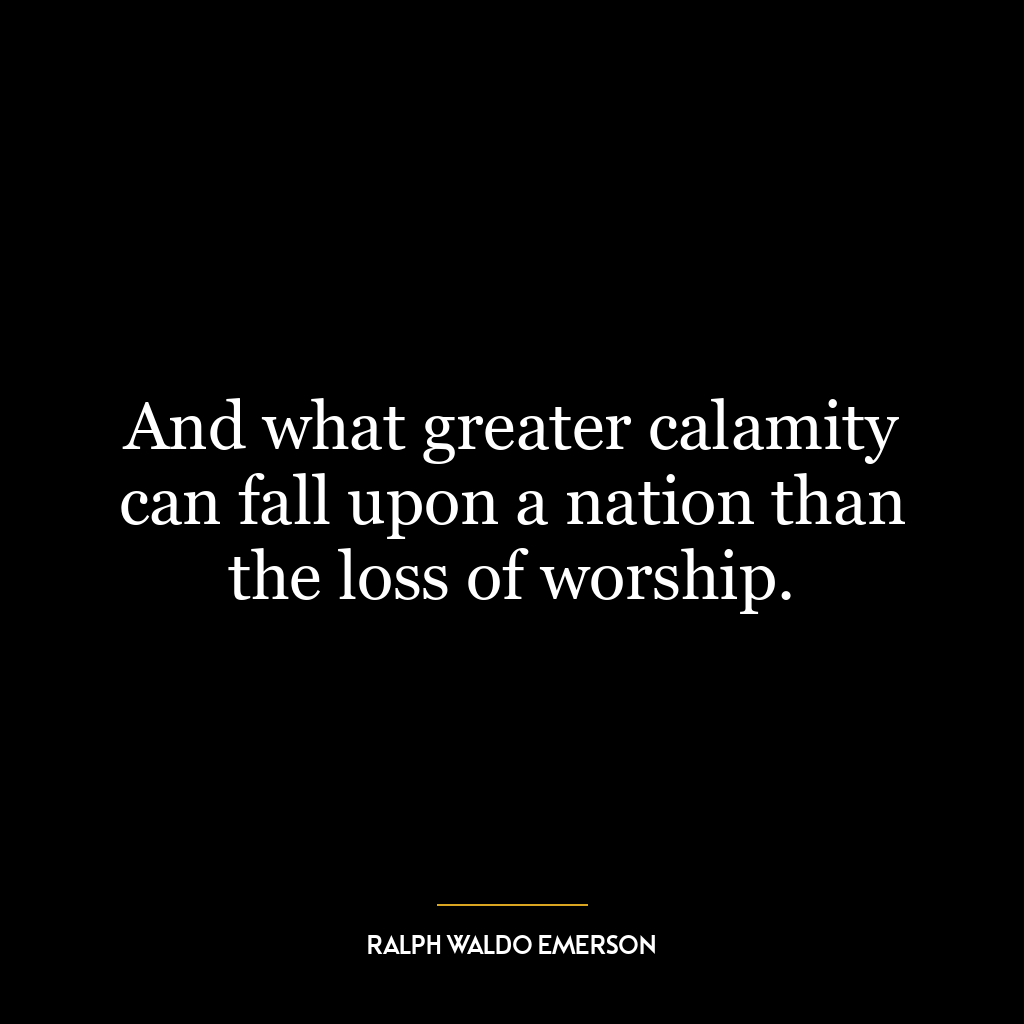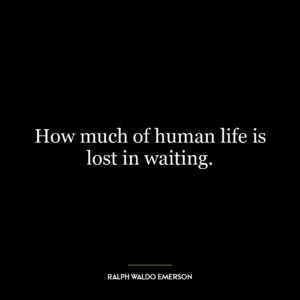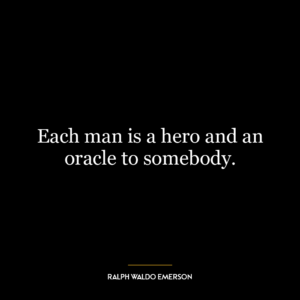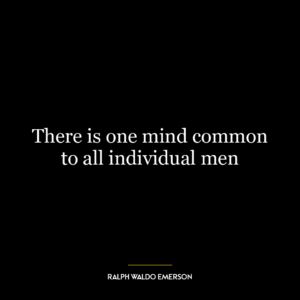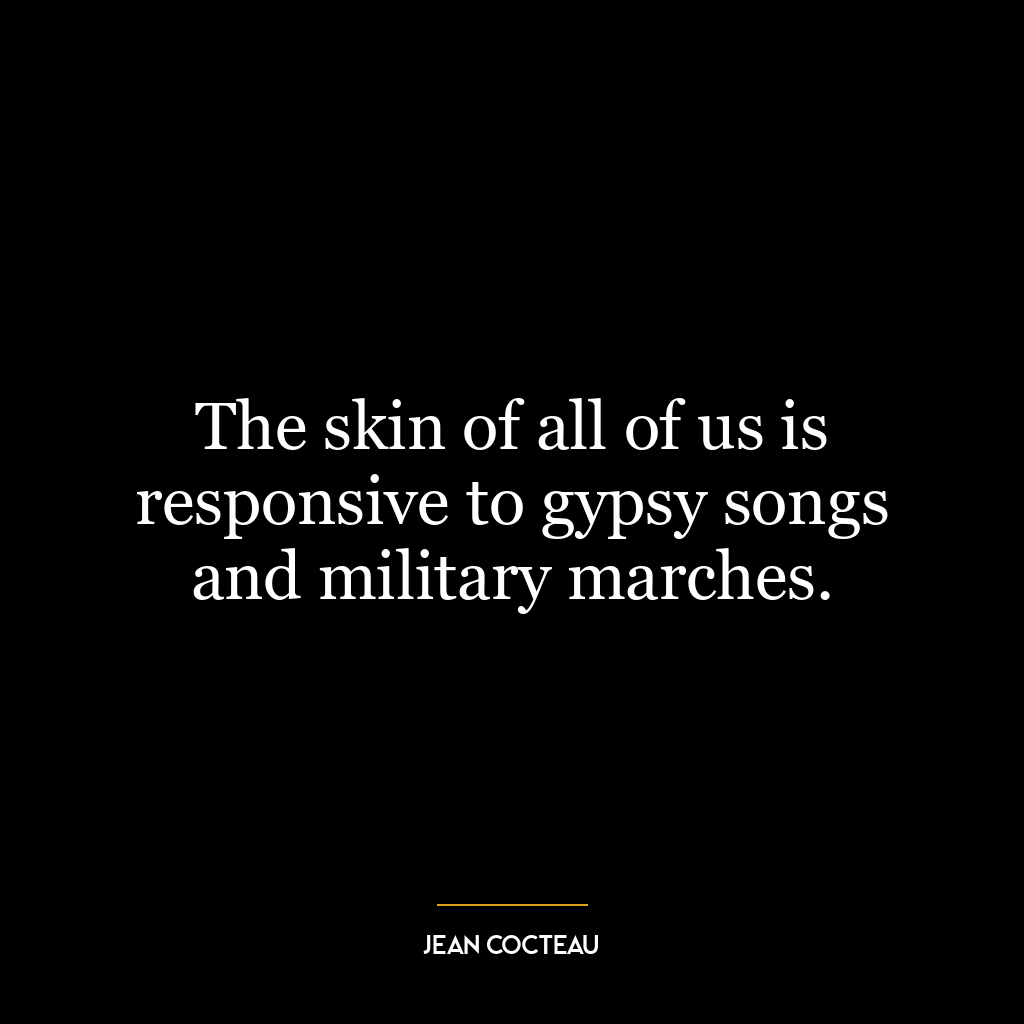And what greater calamity can fall upon a nation than the loss of worship.
This quote emphasizes the importance of worship in maintaining a nation’s cultural, spiritual, and moral fabric.It suggests that losing the act of worship is a great calamity as it can lead to the erosion of values and principles that hold societies together.
The term “worship” here doesn’t necessarily refer only to religious practices but also encompasses respect for shared traditions, reverence for communal values, and adherence to societal norms. So when Emerson speaks about the “loss of worship,” he implies a scenario where people stop valuing their shared heritage and collective identity which can lead to social fragmentation.
Applying this idea in today’s world, we see how societies are grappling with challenges like increasing individualism, materialism, intolerance, etc., which coudl be seen as symptoms of losing shared forms of ‘worship’.As communities become more diverse and globalized, there’s an urgent need for new forms of ‘worship’ that promote unity while respecting diversity.
In terms of personal development too this concept holds relevance. Just as nations thrive on shared forms of worship or value systems; individuals too need some form or another kind-of ‘worship’ – be it personal goals, ethical standards or spiritual beliefs – that guides their actions and decisions.Losing these guiding principles could lead one into confusion or moral ambiguity – a personal calamity indeed!

